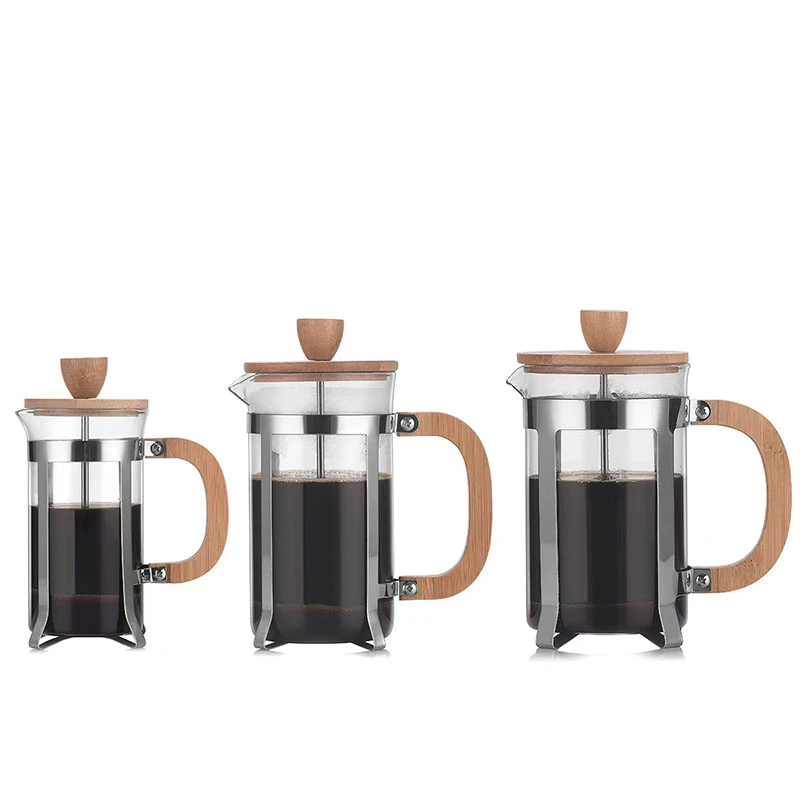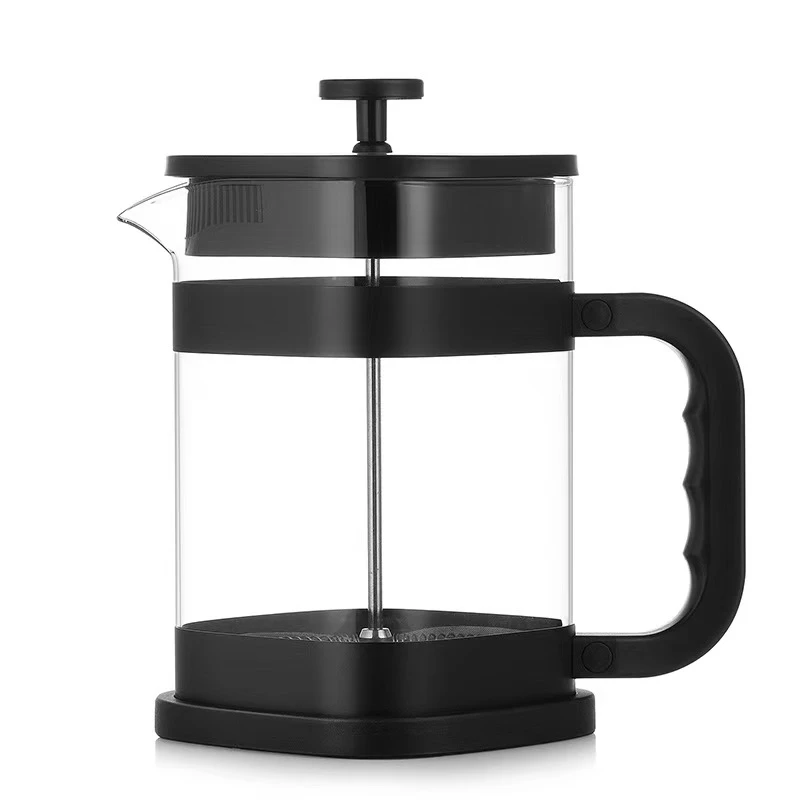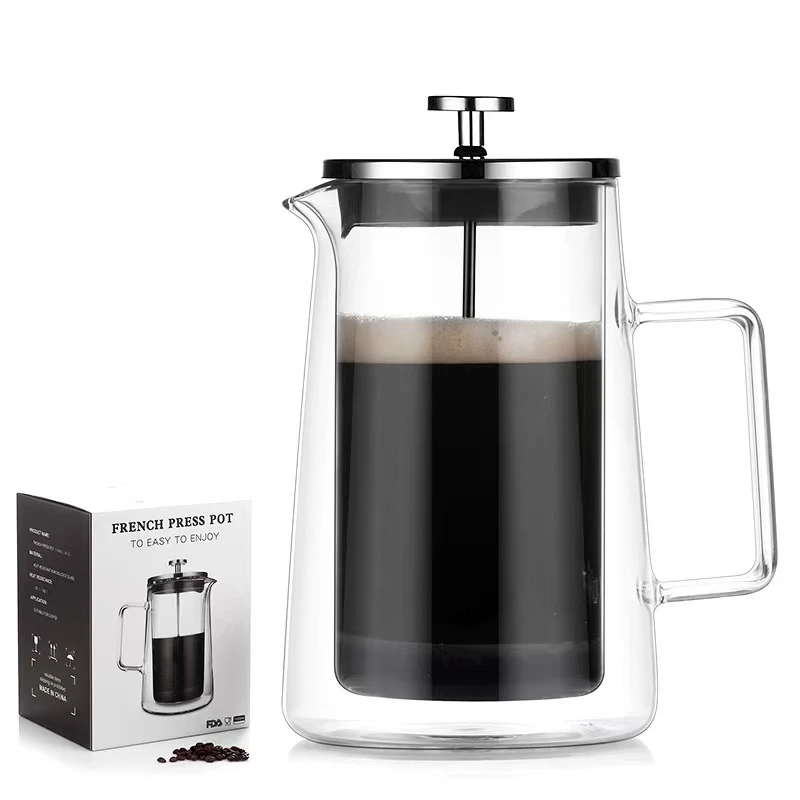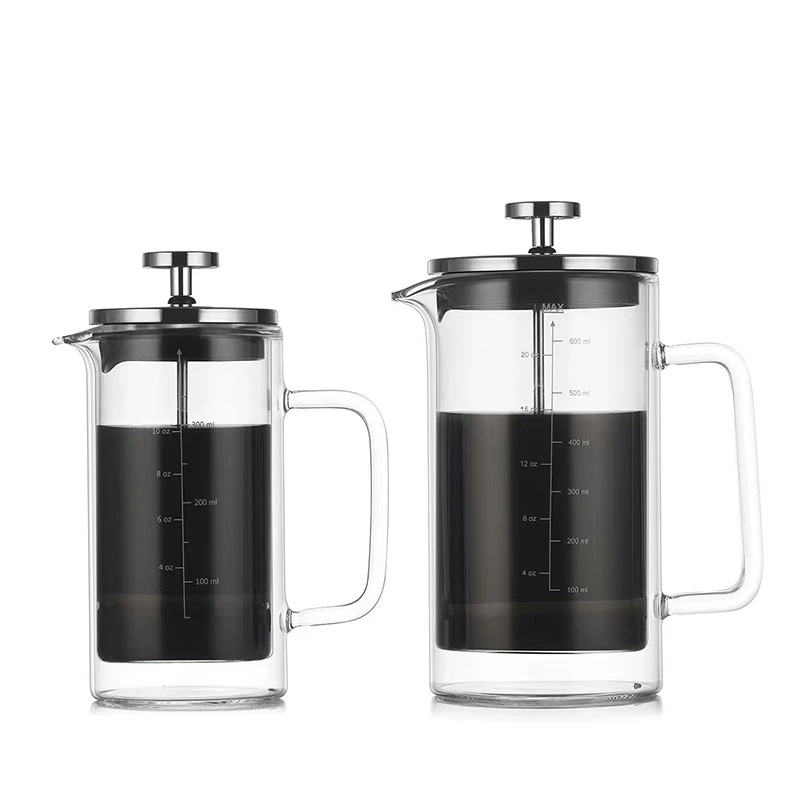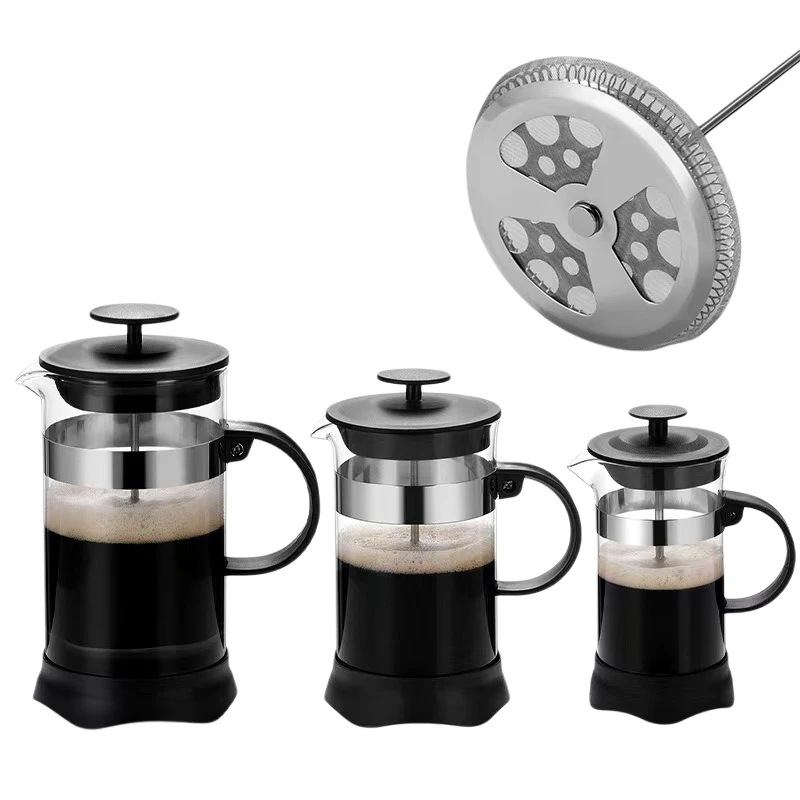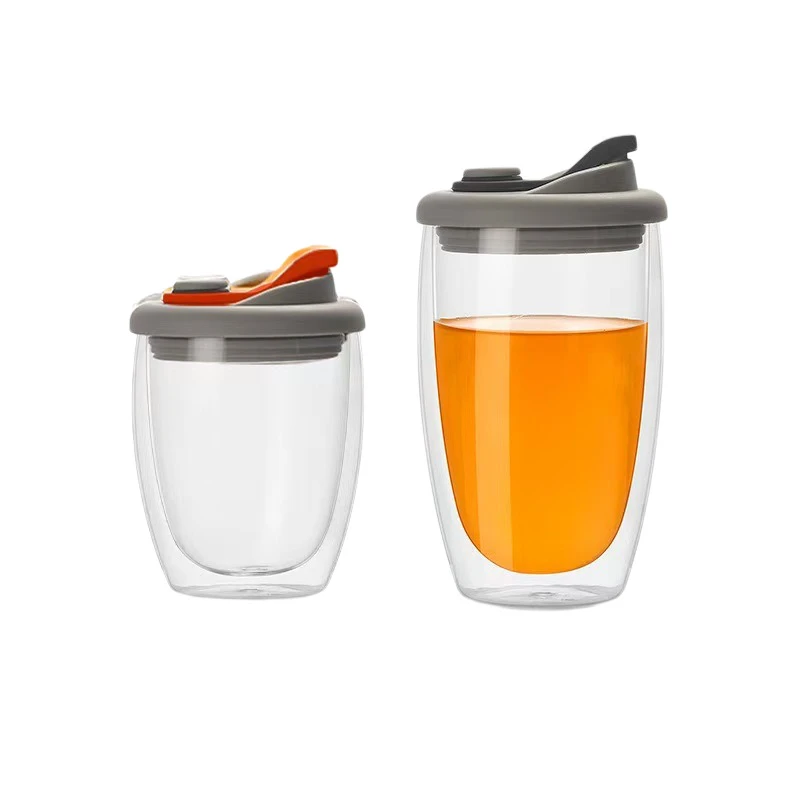 TEL: +86 311 67799298
TEL: +86 311 67799298 Email: tina@yintoglassware.com
Email: tina@yintoglassware.com
Innovative and Durable Lightweight Glass Containers for Food Storage and Preservation
The Rise of Lightweight Glass Food Containers A Sustainable Choice
In recent years, there has been a noticeable shift towards sustainability in consumer habits. Many individuals are becoming more conscious of their environmental impact, and one area where this is particularly evident is in food storage solutions. Lightweight glass food containers are quickly gaining popularity as an eco-friendly alternative to traditional plastic containers. These containers not only offer durability and convenience but also align with a growing demand for sustainable living practices.
The Advantages of Lightweight Glass
One of the primary benefits of lightweight glass food containers is their combination of durability and lightweight design. Unlike traditional glass containers, which can be heavy and cumbersome, the lightweight variants are designed for ease of use. This feature makes them ideal for everyday applications, whether it's meal prep for a busy week or packing lunch for work or school. Their lightweight nature allows for easy transport without compromising on strength.
Additionally, glass containers are resistant to staining and odors, which often plague plastic alternatives. They do not absorb food particles, making them easy to clean and maintain. With lightweight glass containers, users can say goodbye to the lingering smells of previously stored foods, which can often be a significant drawback of plastic.
Safety and Health Benefits
Health-wise, lightweight glass food containers also excel over their plastic counterparts. Many plastics contain harmful chemicals, such as BPA (Bisphenol A), which can leach into food and pose potential health risks. Glass, on the other hand, is a non-toxic material that won’t react chemically with food products. This makes it a safer choice for both food storage and heating.
Moreover, glass containers can easily be used in ovens or microwaves without the fear of melting or releasing harmful substances. This versatility ensures that consumers can heat their meals in the same container they stored them, saving time and effort in the kitchen. Glass also has the ability to withstand temperature changes well, which further enhances its functional benefits.
lightweight glass food containers
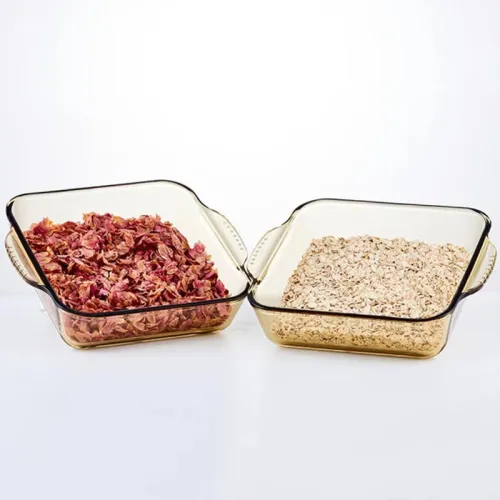
Environmental Impact
From an environmental standpoint, the shift towards lightweight glass food containers represents a significant step in reducing plastic waste. The world is facing a plastic crisis, with millions of tons of plastic ending up in landfills and oceans every year. By choosing glass over plastic, consumers play a crucial role in promoting sustainability.
Glass is 100% recyclable without losing quality, and recycling glass saves energy and natural resources compared to producing new glass from raw materials. This closed-loop system not only minimizes waste but also contributes to a greener planet. As more people choose lightweight glass food containers, there is an opportunity to inspire change within communities and encourage others to consider their purchasing habits.
Stylish and Practical Design
Beyond their functional and environmental benefits, lightweight glass food containers are often aesthetically pleasing. Available in various designs, colors, and sizes, they are not only practical but can also serve as a stylish addition to any kitchen. Many brands offer containers with stylish lids, making them great for both storage and serving food during gatherings or meals at home. The clear glass also allows users to see their contents at a glance, facilitating organization and meal planning.
Conclusion
In conclusion, lightweight glass food containers stand out as a sustainable, health-conscious, and stylish choice for food storage. With their numerous advantages over plastic, including safety, ease of use, and minimal environmental impact, they are a practical solution that aligns with modern consumer preferences. As awareness grows regarding the need for sustainable living, investing in lightweight glass food containers may very well be one of the simplest yet most effective lifestyle changes individuals can make. Embracing this shift not only benefits consumers but also contributes to the broader movement towards sustainability and environmental responsibility. By choosing glass over plastic, we are not just making a choice for convenience; we are making a choice for our health and the health of our planet.
-
Benefits of Vacuum Containers with Pumps for Food PreservationNewsJun.12,2025
-
Glass Food Storage Container with Lid for Seal PreservationNewsJun.12,2025
-
Styling Amber Glass Plates for Modern TablescapesNewsJun.12,2025
-
Benefits of Double Wall Coffee Cups for Heat RetentionNewsJun.12,2025
-
Colored Glass Bowls in Cultural TraditionsNewsJun.12,2025
-
Durability of Colored Glass Dinnerware Compared to CeramicNewsJun.12,2025



